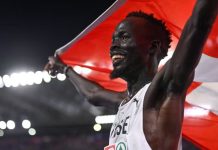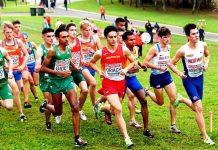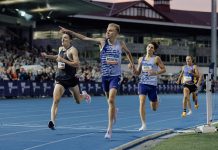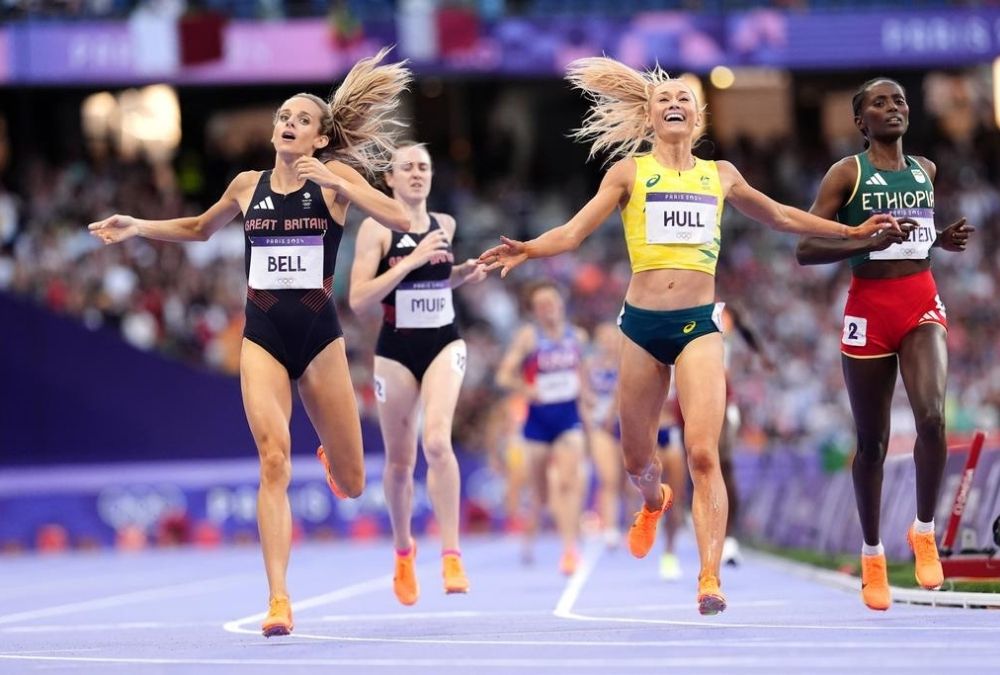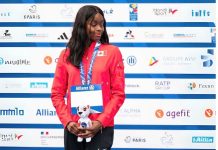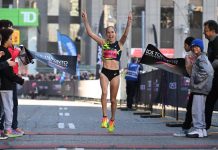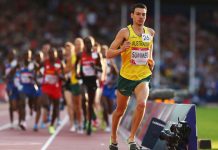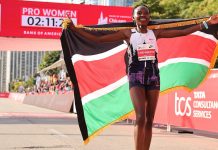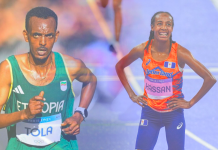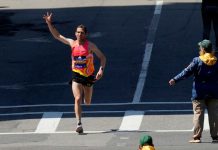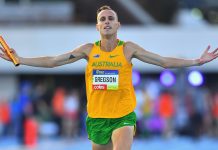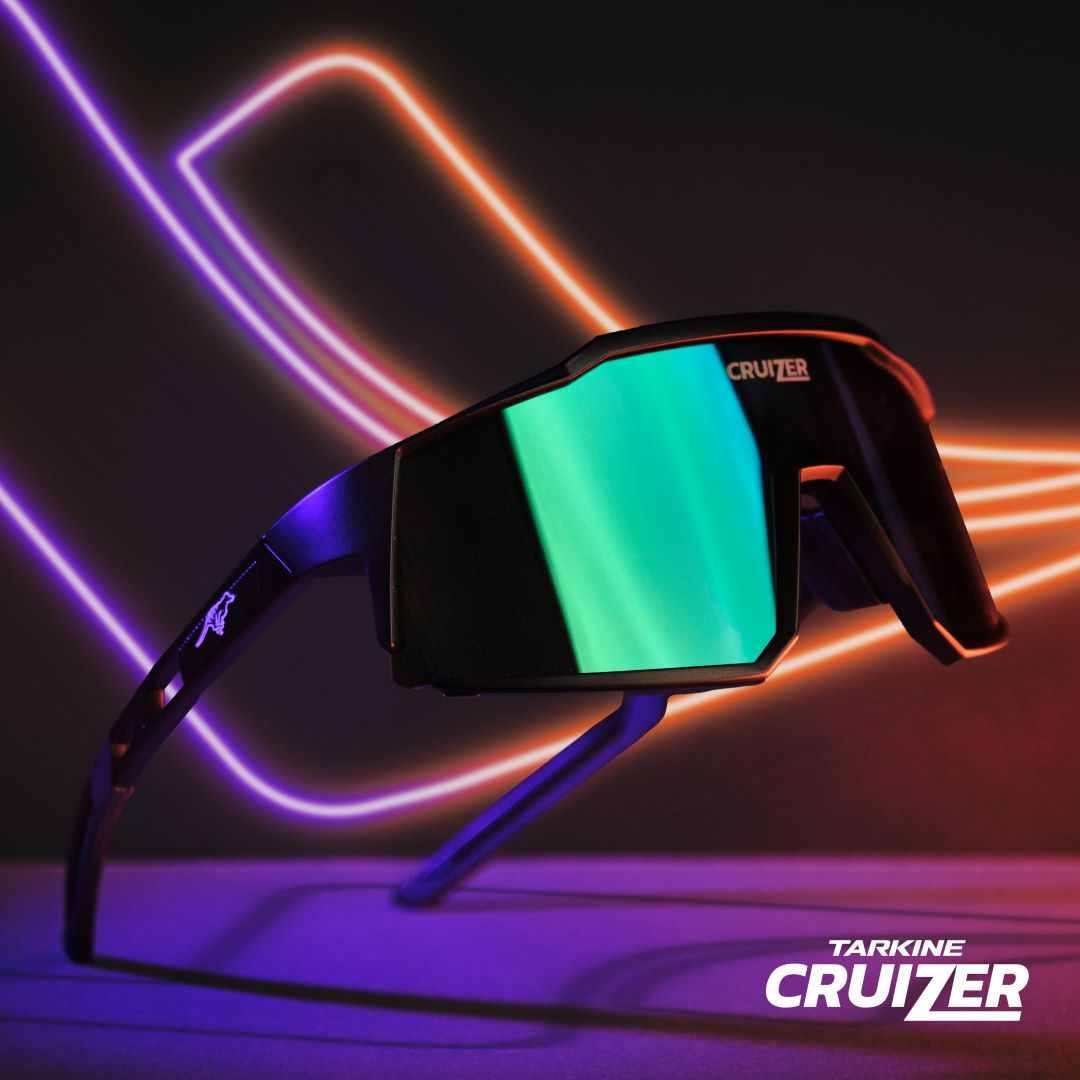Broadcaster Gerard Whateley had no doubt on the value of Jessica Hull’s silver medal in the Paris Olympic1500 metres, Australia’s first-ever in the 52-year history of the women’s event.
It may only have been a silver, but Whateley assessed the medal’s worth as greater than any of the record 18 gold medals among the total 53 medals won by Australian athletes in Paris.

“For me, and that’s not to take anything away from anyone else, I think that’s Australia’s best medal at these Games,” Whateley said.
The 27-year-old ran a time of 3:52:56, finishing behind arguably the greatest runner in the event’s history in Kenya’s Faith Kipyegon, who won for the third straight Olympics.
“Without diminishing anything that Australia achieved in a spectacularly successful Games, I’ll argue all day long that Jess Hull’s silver medal is the pinnacle athletic achievement at these Games,” Whateley told SEN Breakfast.
The women’s 1500 was added to the Olympic program in 1972. Jenny Orr excelled in making the final then, finishing eighth. Margaret Crowley was fifth in Atlanta in 1996, and Linden Hall and Hull were finalists in Tokyo 2020, finishing sixth and eleventh respectively.
Whateley pointed to the quality of the only three Australian men to have medalled at the 1500 – our first Olympian, Edwin Flack, who won in Athens in 1896, John Landy, bronze medallist in 1956, and Herb Elliott, gold in 1960 – “icons of Australian sport and life,’ and that of Faith Kipyegon who had just won her third straight Olympic 1500.
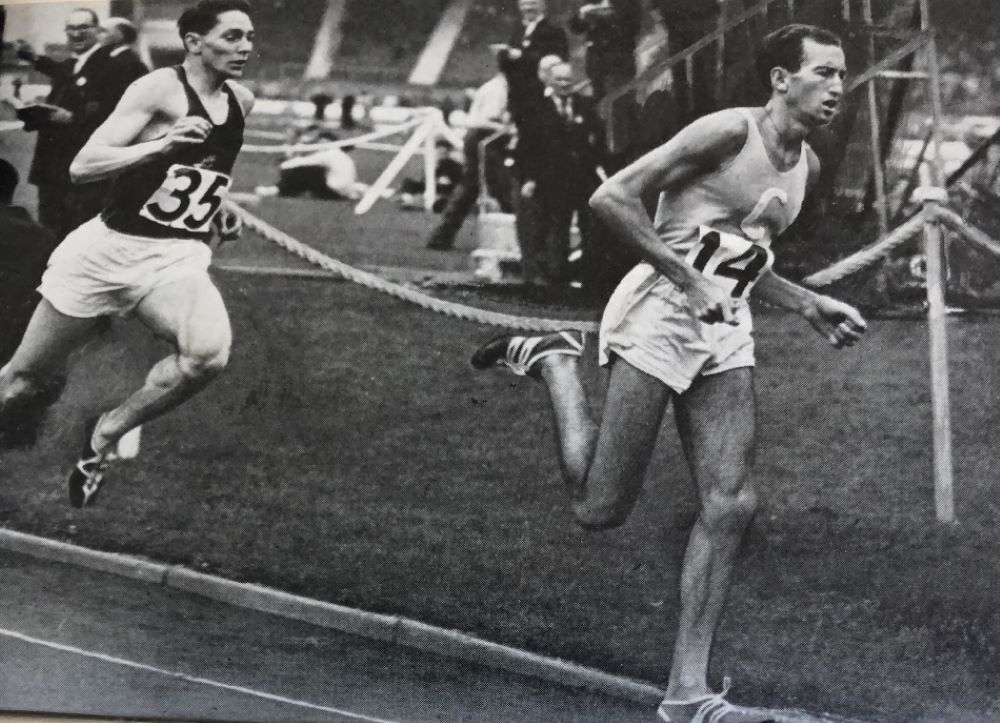
“Jess Hull did it behind the greatest middle-distance runner of all-time who just equalled the achievement of Usain Bolt – the only other track athlete to win three golds at three straight games in the same event.”
I’m not about to argue with Whateley’s judgement, but I would add that Hull’s medal was just the shot in the arm that Australian middle-distance running needed: an undeniably brilliant result on our sport’s biggest stage. A statement performance which underlines the quality of Australian middle-distance running.
But we all knew that already, didn’t we. Well, yes, we did. But we are the insiders, the rusted-on supporters who feast on the sport each and every day. We’ve got greater opportunity to follow the sport than ever before, getting up in the middle of the night or early in the morning to watch coverage of everything from US College meetings to world championships and Olympics.

Athletics, however, only captures a wider audience once every four years at the Olympic Games. An Olympic medal, bronze, silver or gold, is worth a dozen top-three placings in Diamond League meetings in terms of exposure. So, Hull taking a silver medal behind Kipyegon is of value beyond measure. You can talk to the person in the street about results against the world’s best in Xiamen, Chorzow, Eugene and Zurich until their eyes glaze over (spoiler: it won’t be long), but mention an Olympic medal and you’ve immediately got their full attention.
Which is why we owe Hull a huge vote of thanks. Her performance on the biggest stage confirmed the value of a host of performances on smaller stages by the likes of Linden Hall, Georgia Griffith, Abbey Caldwell, Stewart McSweyn, Oli Hoare and quite a few others, the foaming peak on the crest of an Australian wave some years in the making.
As I say, that wave has been apparent to those of us who follow the sport, but it is performances such as Hull’s in Paris, Hoare’s victory over Jake Wightman in the Commonwealth Games 1500 in Birmingham two years ago, or Jess Stenson’s win the marathon at the same Games that bring it home to a wider public. (Major championship medals can also mask a lack of depth, but that fortunately need not concern us here.)
World records – regardless of their worth – are likewise attention grabbers. And Jess Hull has done the sport a favour there, too, with her world record 5:19.70 for 2000 metres in Monaco just before the Games. It is a rarely-run distance to be sure but the words world record carry a certain cachet.
And until Hull in Monaco and Paris Australia lacked such a peg on which to hang its middle-distance hat. But it’s been building a while. Hall was a semi-finalist at the Rio Olympics; she, Hull and Griffith all made the semis at the Doha 2019 world championships. Hall and Hull were finalists at the Tokyo Olympics, as were McSweyn and Hoare. That pair were first and second in the Brussels 1500 after the Tokyo Games and then third and fourth at the Diamond League final in Zurich a few days later.

All it took was for someone to provide the signature performances. Hoare did so in Birmingham then Hull wrote her name in bold with her world record in Monaco and then silver medal in Paris.
And she hasn’t signed off yet.



